While sipping on my morning mug of coffee, I was staring out of the kitchen window at the bird bath. Splashing around and creating their own fountain effect were the usual robins and bluejays. Then as I watched, birds would leave and new birds would arrive: Baltimore orioles, bluebirds, purple finches, a catbird...one and all stopped at the bird bath to play, bathe and refresh.
I found my heart smiling with happiness at their antics and that smile spread to my whole being. As I watched, I purposely and restfully kept my mind clear. While experiencing that moment, I realized the blessing of being at a time in my life where a simple moment could bring so much joy.
Rest assured that the birds were living in the moment. They were not consumed by memories of yesterday nor thinking about a tomorrow. Quite simply they just were.
Those birds have much they could teach all of us.
~Wylddane
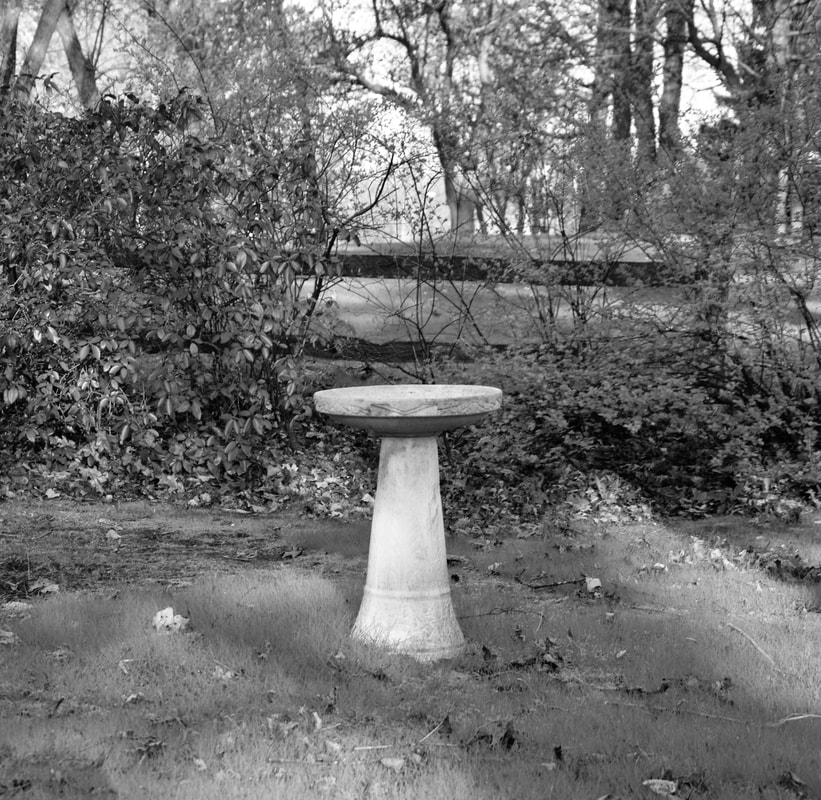
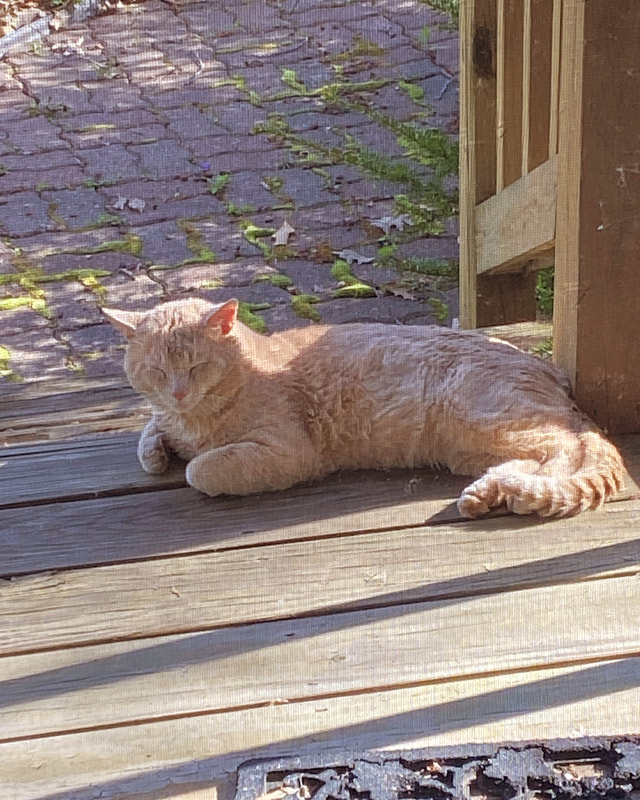
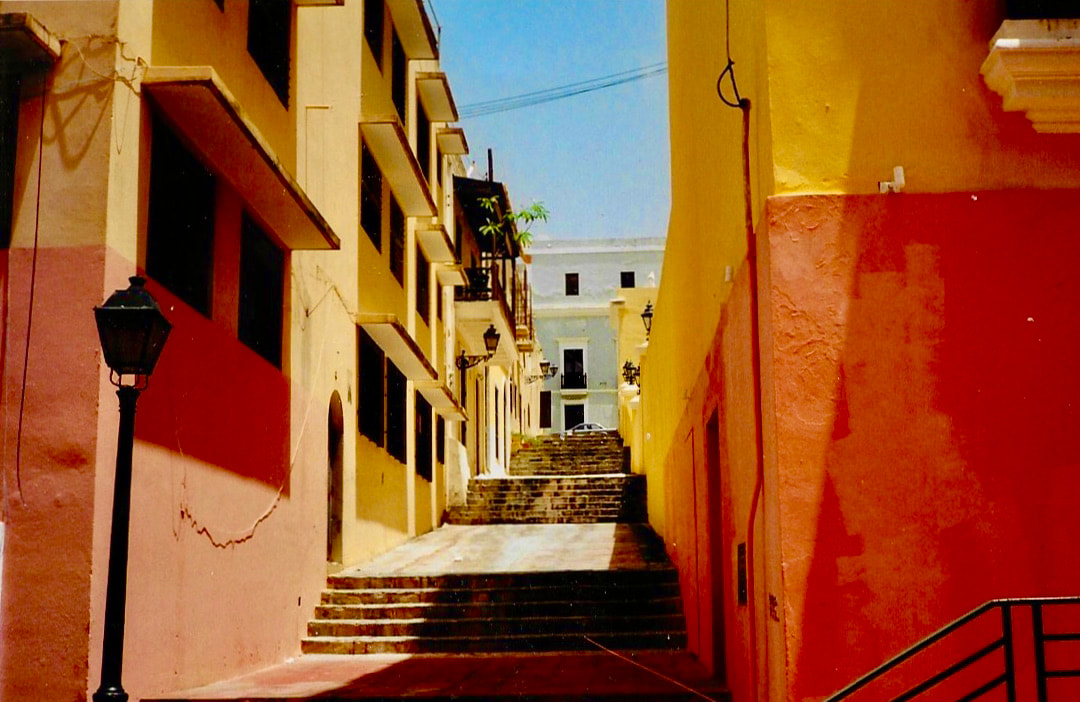
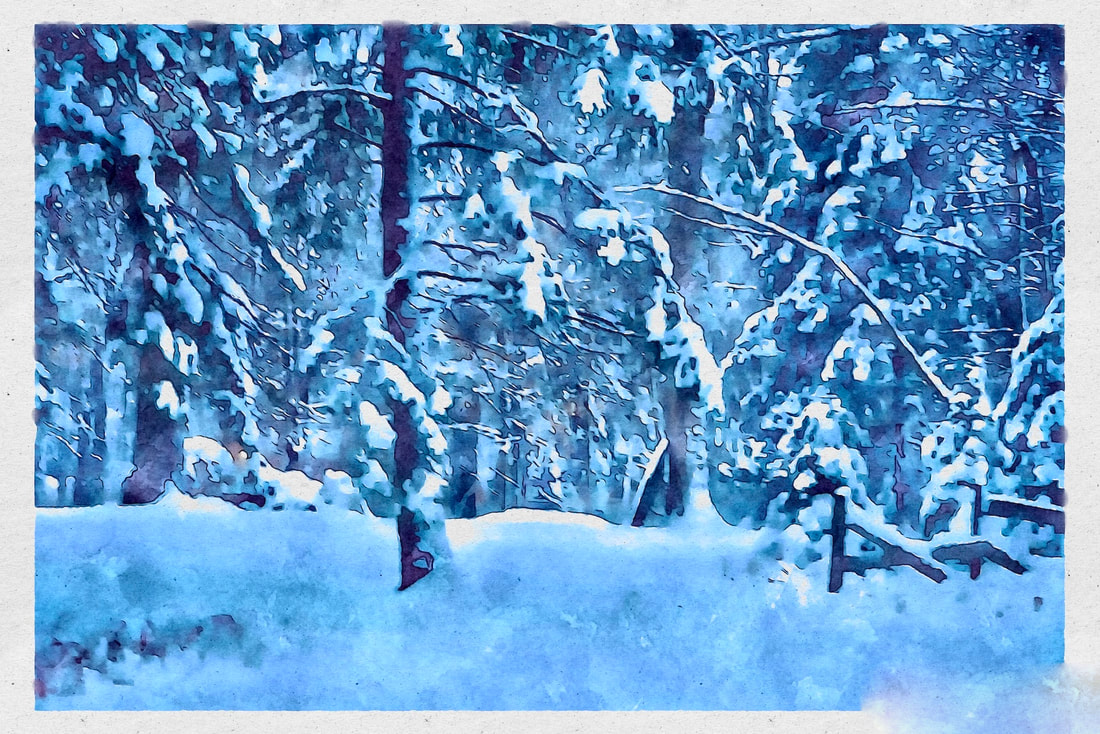
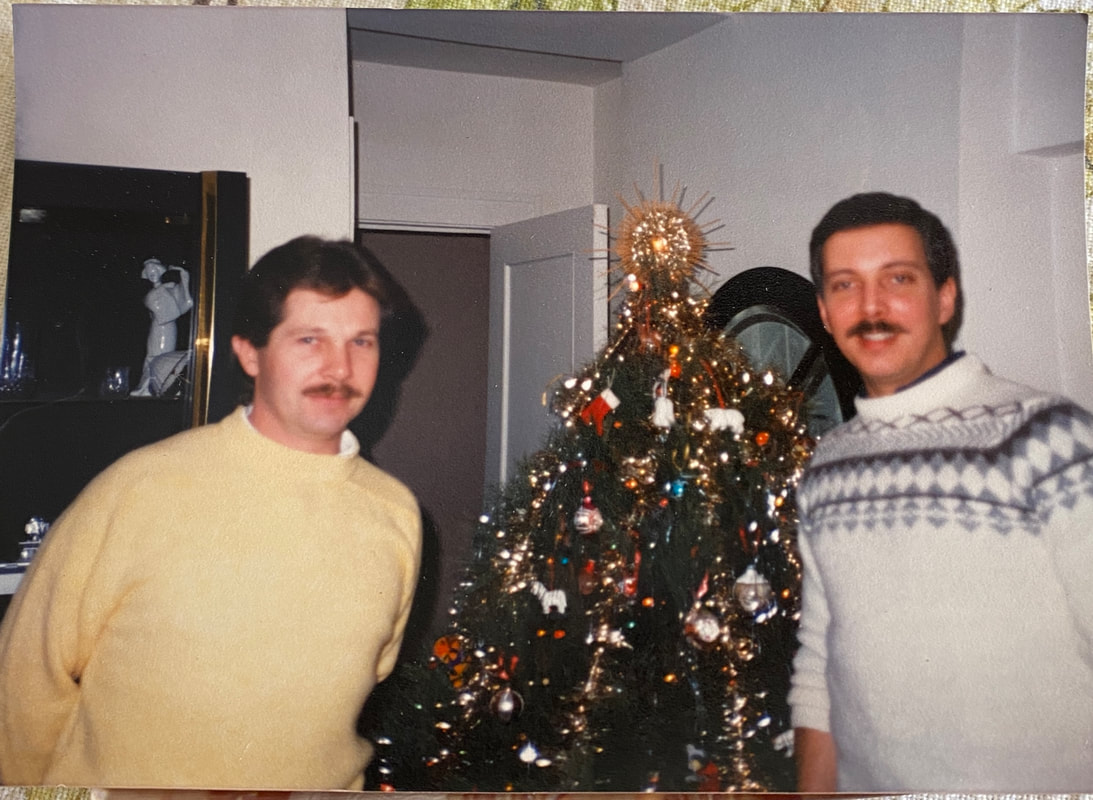
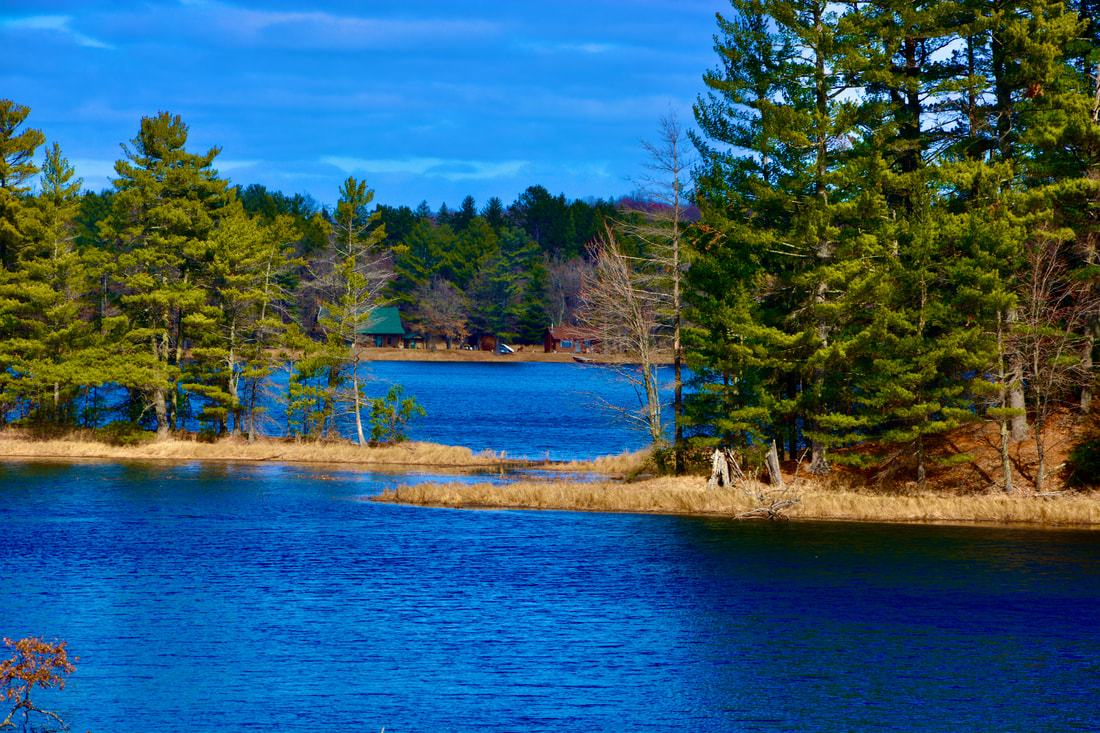
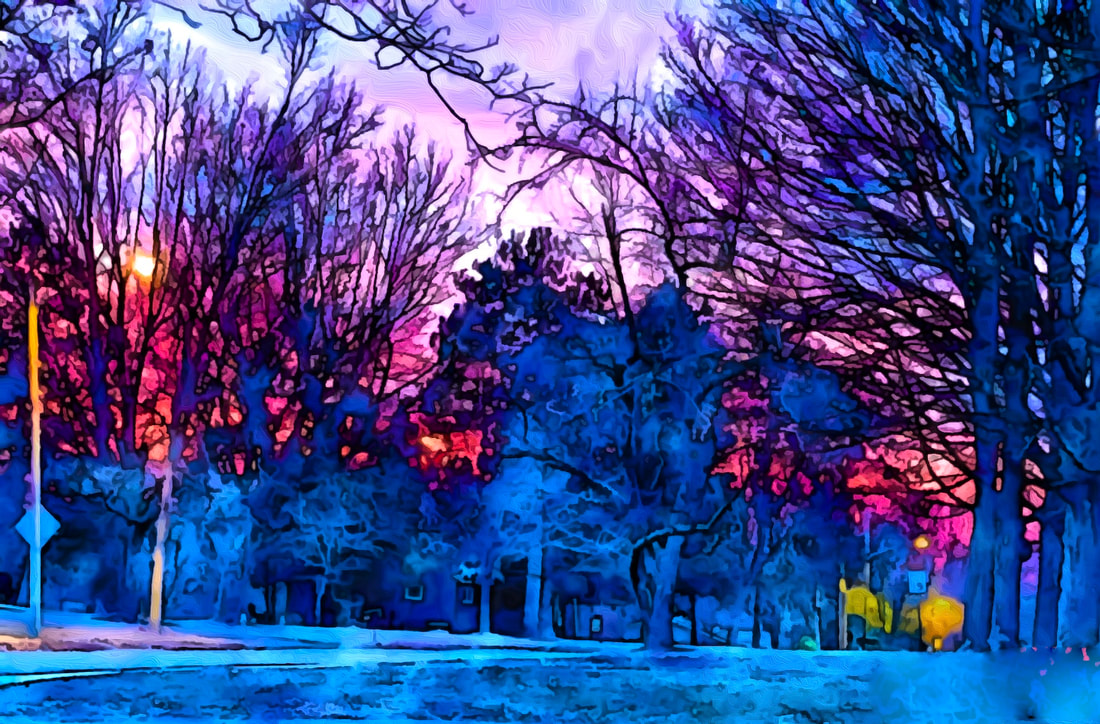
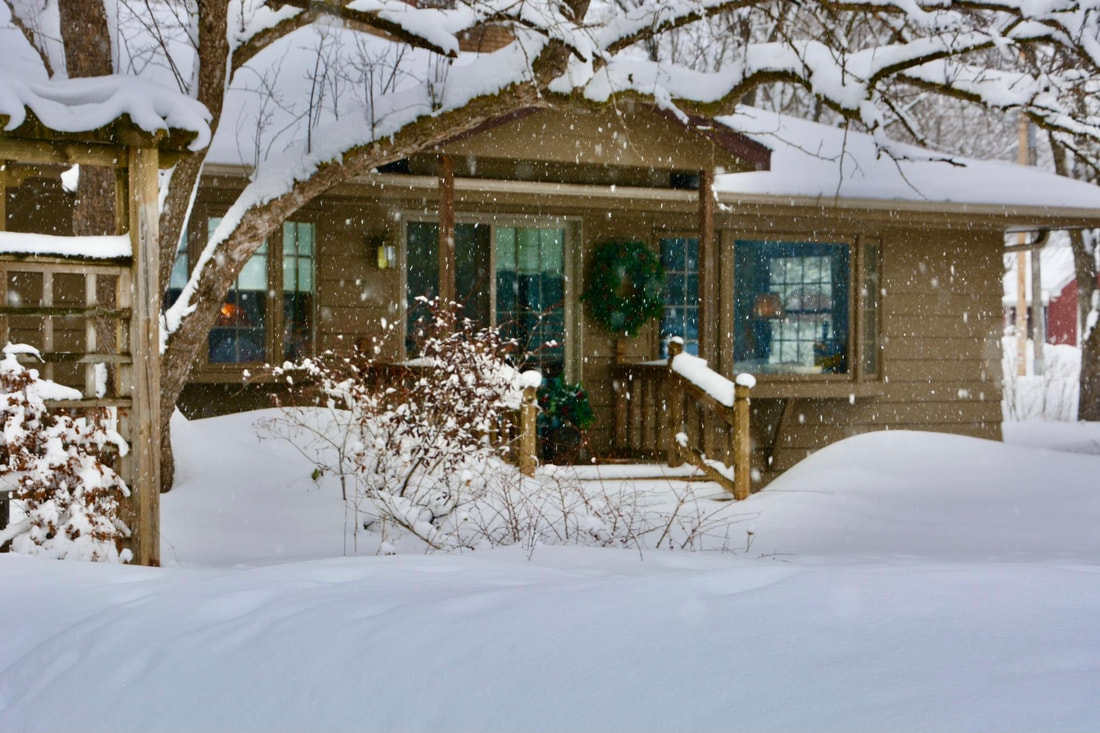
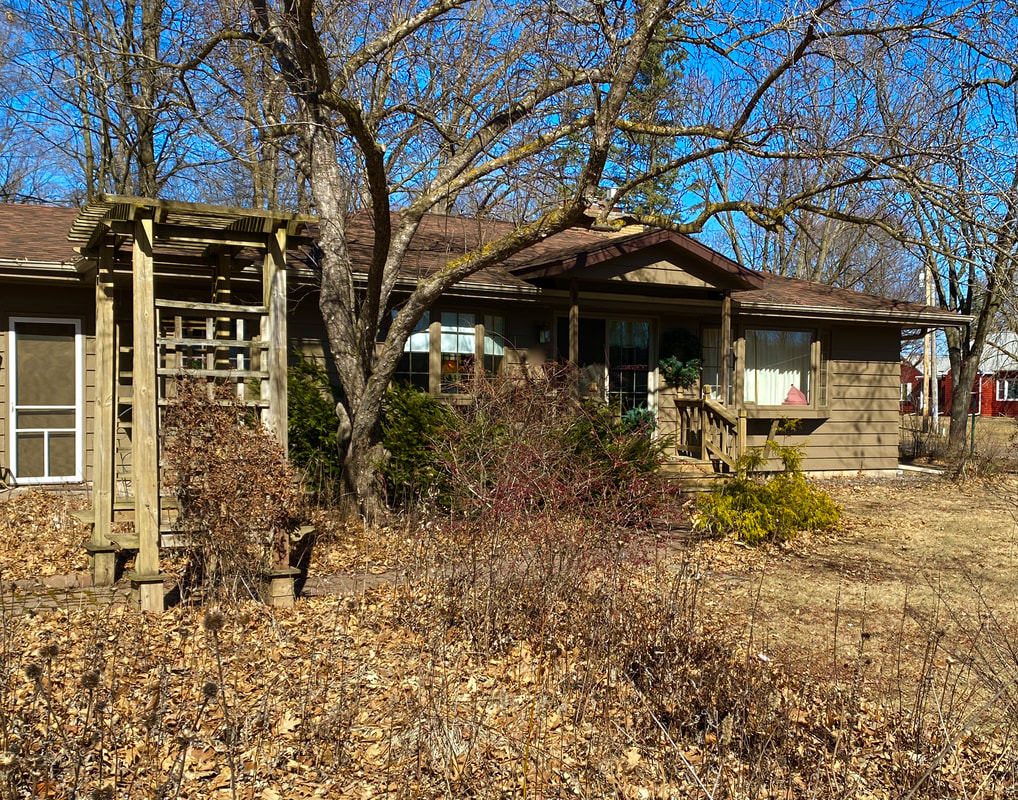
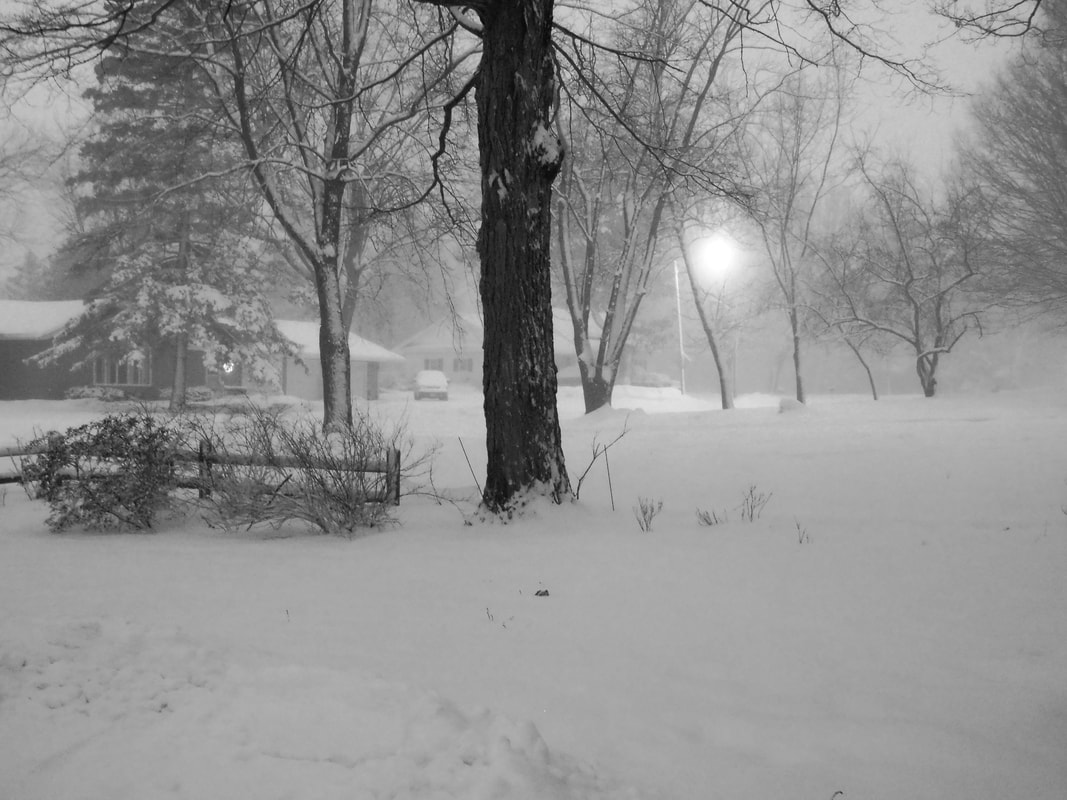
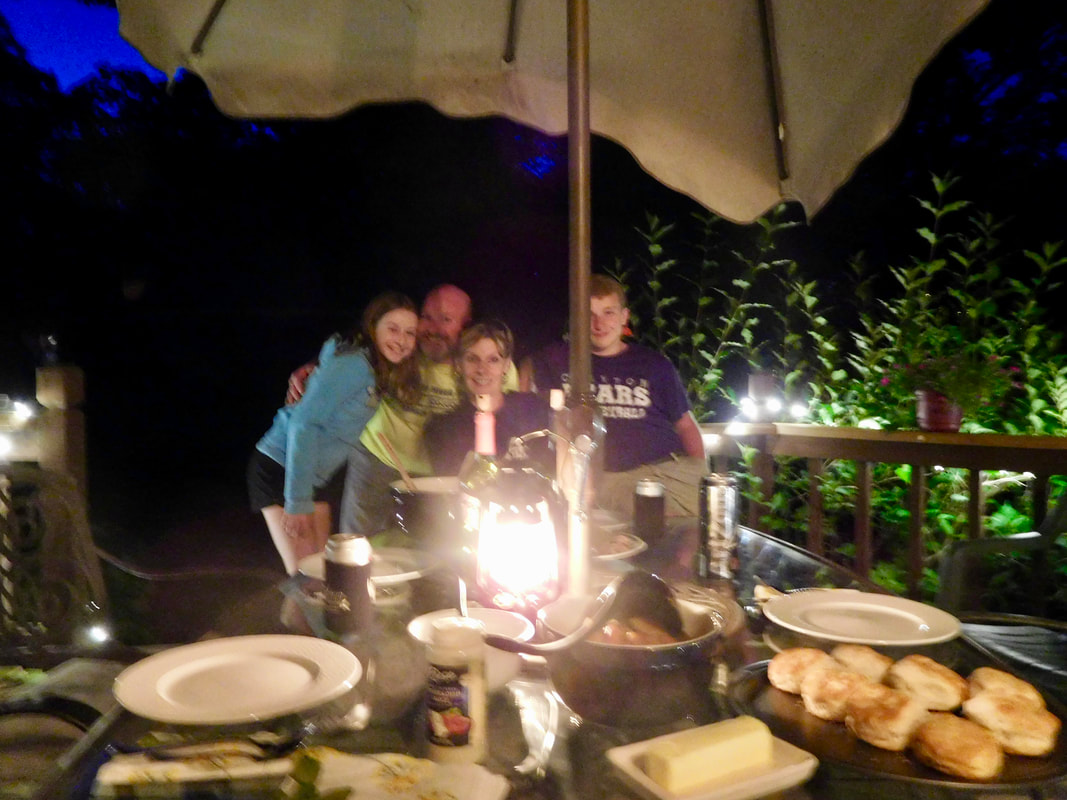
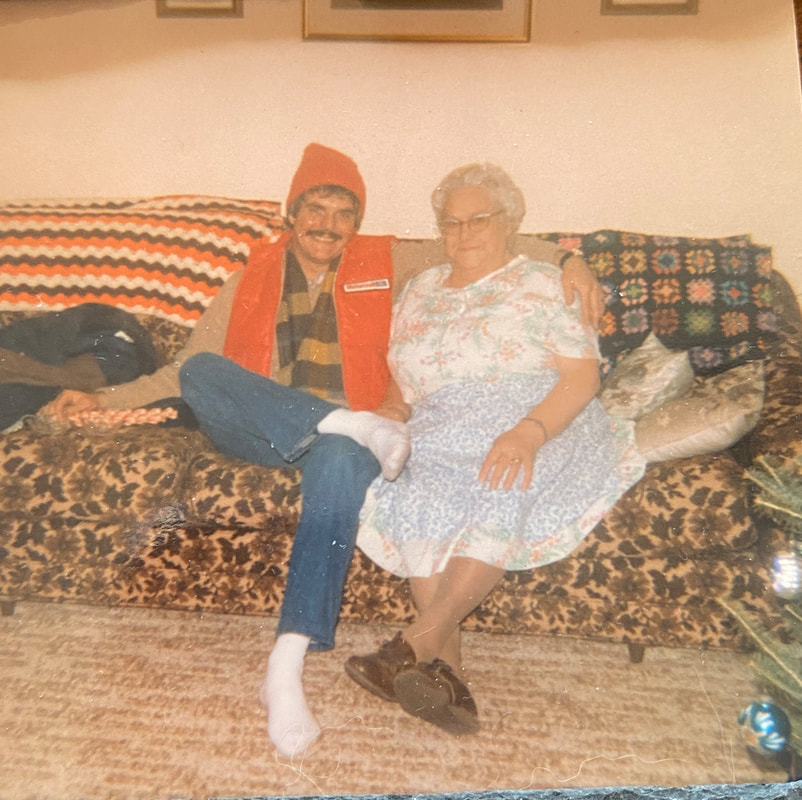
 RSS Feed
RSS Feed